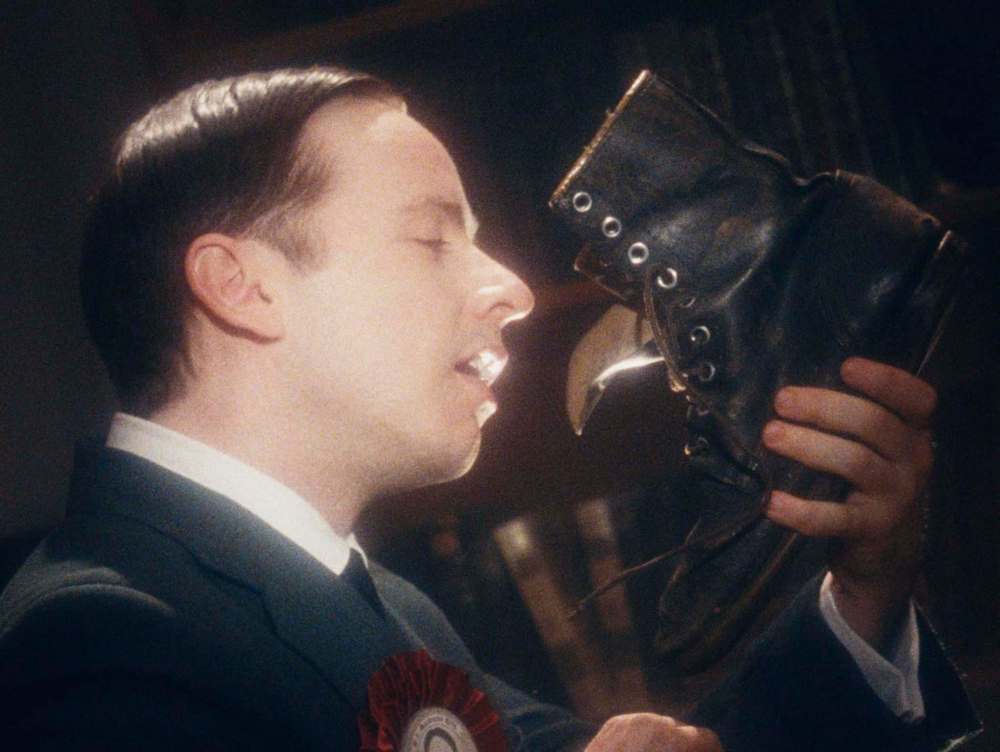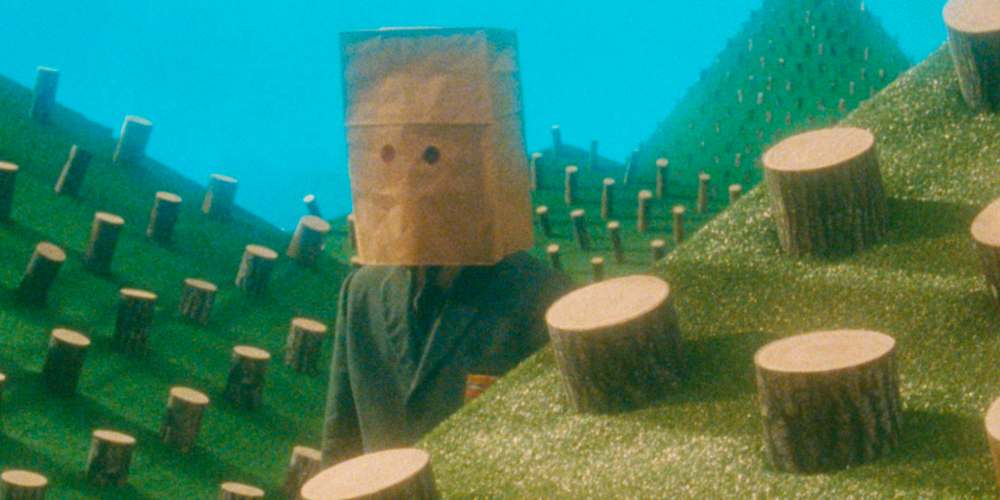One great city Director's warts-and-all affection for hometown shines through in first feature film
Read this article for free:
or
Already have an account? Log in here »
To continue reading, please subscribe:
Monthly Digital Subscription
$0 for the first 4 weeks*
- Enjoy unlimited reading on winnipegfreepress.com
- Read the E-Edition, our digital replica newspaper
- Access News Break, our award-winning app
- Play interactive puzzles
*No charge for 4 weeks then price increases to the regular rate of $19.00 plus GST every four weeks. Offer available to new and qualified returning subscribers only. Cancel any time.
Monthly Digital Subscription
$4.75/week*
- Enjoy unlimited reading on winnipegfreepress.com
- Read the E-Edition, our digital replica newspaper
- Access News Break, our award-winning app
- Play interactive puzzles
*Billed as $19 plus GST every four weeks. Cancel any time.
To continue reading, please subscribe:
Add Free Press access to your Brandon Sun subscription for only an additional
$1 for the first 4 weeks*
*Your next subscription payment will increase by $1.00 and you will be charged $16.99 plus GST for four weeks. After four weeks, your payment will increase to $23.99 plus GST every four weeks.
Read unlimited articles for free today:
or
Already have an account? Log in here »
Hey there, time traveller!
This article was published 10/01/2020 (2158 days ago), so information in it may no longer be current.
Even in Montreal, the city he calls home, Matthew Rankin is still considered a Winnipeg filmmaker, though he moved to the Quebec metropolis years ago.

That may have served as a feather in our cultural cap when Rankin’s first feature film, The Twentieth Century, won an award for best first Canadian feature at the Toronto International Film Festival last September. Rankin recalls one Montreal film reporter crowing that Montreal pretty much swept the awards at TIFF, but set “Winnipegger” Rankin’s win apart.
But, as Rankin says, the comic, hallucinatory film depicting the formative years of future prime minister William Lyon Mackenzie King, was shot entirely in Montreal. That includes a scene set in Winnipeg that depicts the city in the late 1890s as a garbage-strewn hellhole largely populated by debased boot fetishists.
“This is my first film without any Winnipeggers in it at all. Not even Rob Vilar,” he says, referring to the local actor who serves as unofficial muse to many a Winnipeg filmmaker. (Vilar starred as Nikola Tesla in Rankin’s short film The Tesla World Light, among other credits.)
Still, the Winnipeg connection persists, which is just as well since, commencing Saturday, the Winnipeg Film Group — which helped nurture Rankin’s career — is presenting the local première of The Twentieth Century, and showcasing many of his short films in the bargain, including I Dream of Driftwood, Cattle Call, Negativipeg, Mynarski: Death Plummet and Tesla World Light.
Rankin’s Winnipeg fans are not likely to be offended by the film’s hilariously vile depiction of Winnipeg. It comes from a clear-eyed, warts-and-all love for the city.
● ● ●
While The Twentieth Century offers up a decidedly cartoonish depiction of Mackenzie King’s rise to power, it still could be considered a historical document of sorts. (Canadian filmmakers are not exactly lining up to make Mackenzie King biopics, let’s face it.)
Rankin acknowledges a debt to his father, Laird Rankin, who died in 2017. The elder Rankin was, among other things, the executive director of Canada’s National History Society and publisher of the Society’s magazine, The Beaver (since retitled Canada’s History).
“He was very committed to Winnipeg culture and really believed in Winnipeg as a cultural capital,” Rankin recalls. “I certainly absorbed a lot of my interest in history from him, as well as an interest in becoming a cultural citizen.”
Surreal 'biopic' of former PM delivers deadpan delights

Posted:
A fabulist take on the formative years of William Lyon Mackenzie King, The Twentieth Century premièred at the 2019 Toronto International Film Festival, where it screened in the Midnight Madness program and took home the Best Canadian First Feature Film award.
His death, Rankin says, compelled “a realignment in my own life. It has brought me closer to Winnipeg.”
As for the film’s portrayal of the city as a nexus of grungy fleshpots, Rankin says it was partly inspired by the city’s depiction in other films.
“The film contains little micro-references to, I think, every Winnipeg film ever made,” he says. “I think maybe that there is kind of a competition among Winnipeg artists about who can represent Winnipeg in the weirdest way possible. It’s an ongoing game that Winnipeg artists play.”
Rankin cites particular inspiration in Noam Gonick’s 2001 film Hey, Happy, a post-apocalyptic satire that used Garbage Hill (a.k.a Westview Park) as a principal location.
“The idea of of the town dump that has been converted to a public park where you can have a picnic and go for tobogganing, it’s sort of a wonderful Winnipeg metaphor,” Rankin says. “So I kind of riffed on that idea — Winnipeg is presented as a sort of massive island rubbish heap in which a very old-world civilization has been carved out by troglodytes and fetishists. So it’s a little bit of a tribute to Noam Gonick.”
Rankin says the film is also a deliberate contradiction to rosier depictions of the era as seen on a never-ending string of CBC shows — from Road to Avonlea to Murdoch Mysteries — that uncritically mythologize the past.

“There is this kind of government-formated version of the past which is very comforting and very nostalgic,” he says.
“There’s not even any satire that bites right now. The extent of our satire is Rick Mercer paint-balling with Jann Arden — that’s where it ends, “ he says. “There aren’t any rascals.”
randall.king@freepress.mb.ca
Twitter: @FreepKing

In a way, Randall King was born into the entertainment beat.
Our newsroom depends on a growing audience of readers to power our journalism. If you are not a paid reader, please consider becoming a subscriber.
Our newsroom depends on its audience of readers to power our journalism. Thank you for your support.









